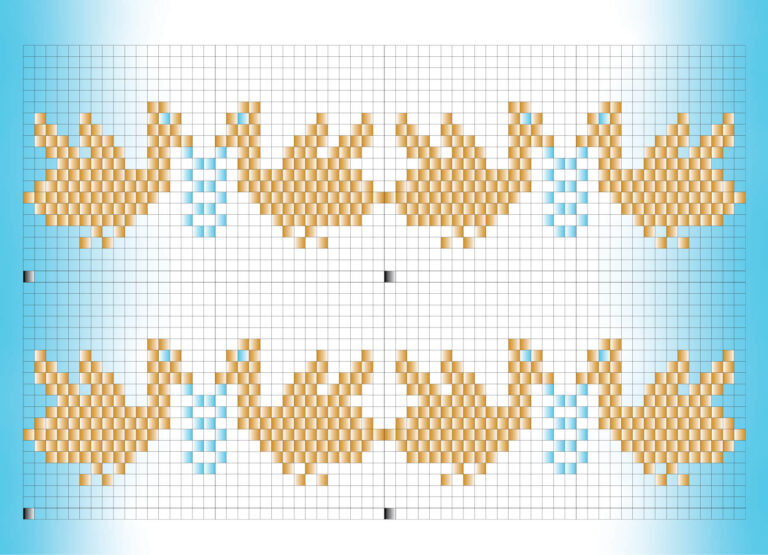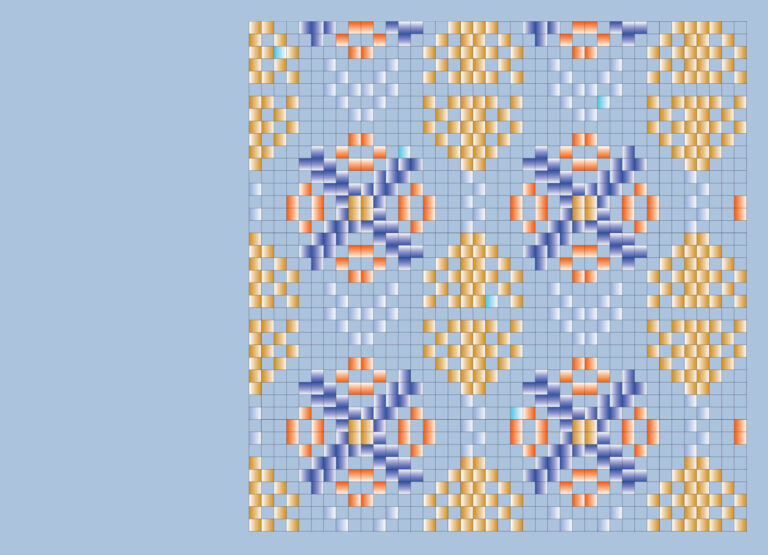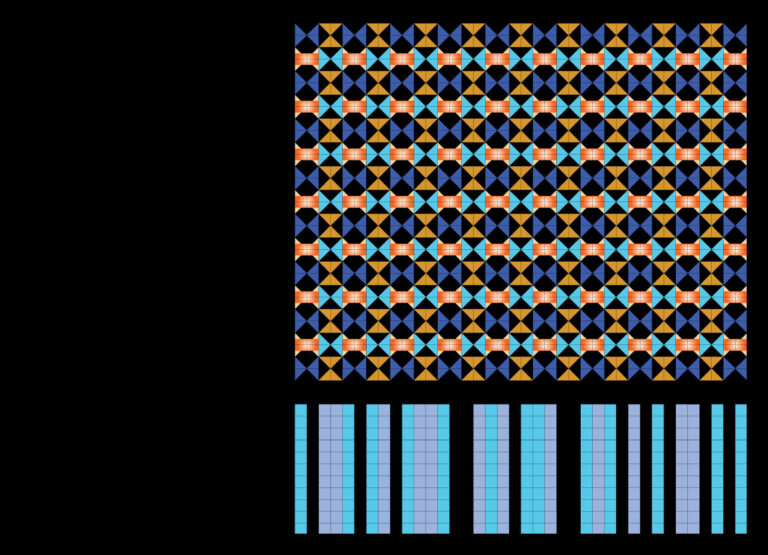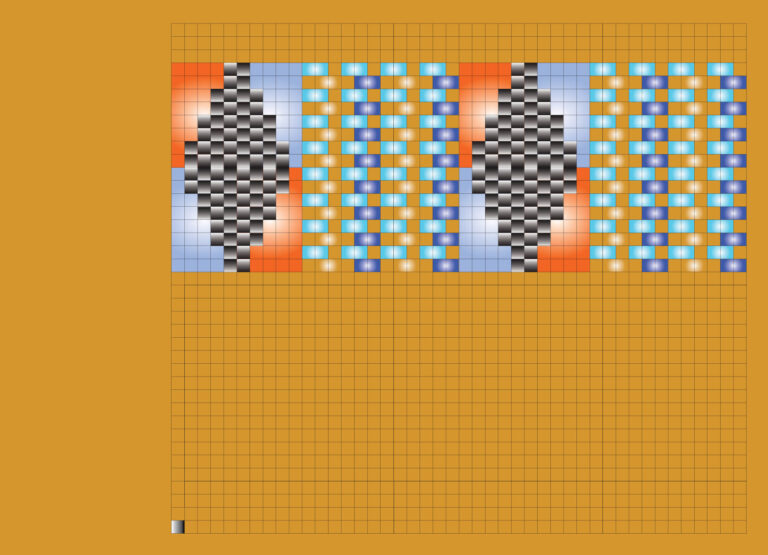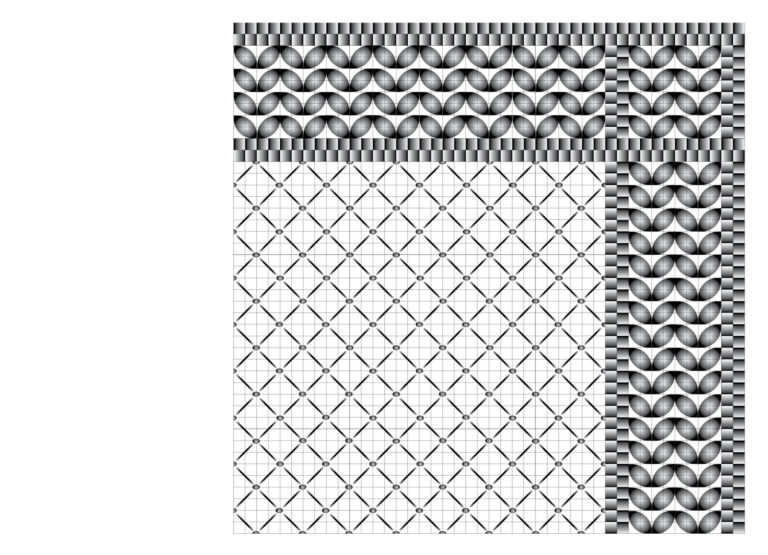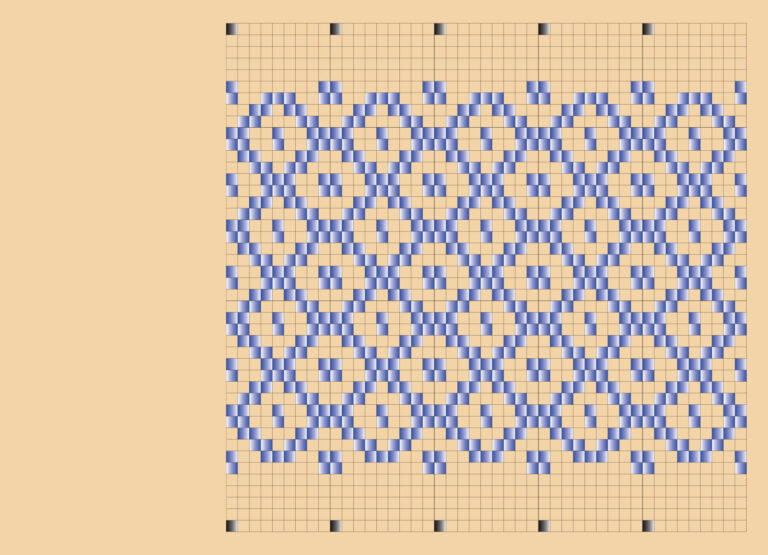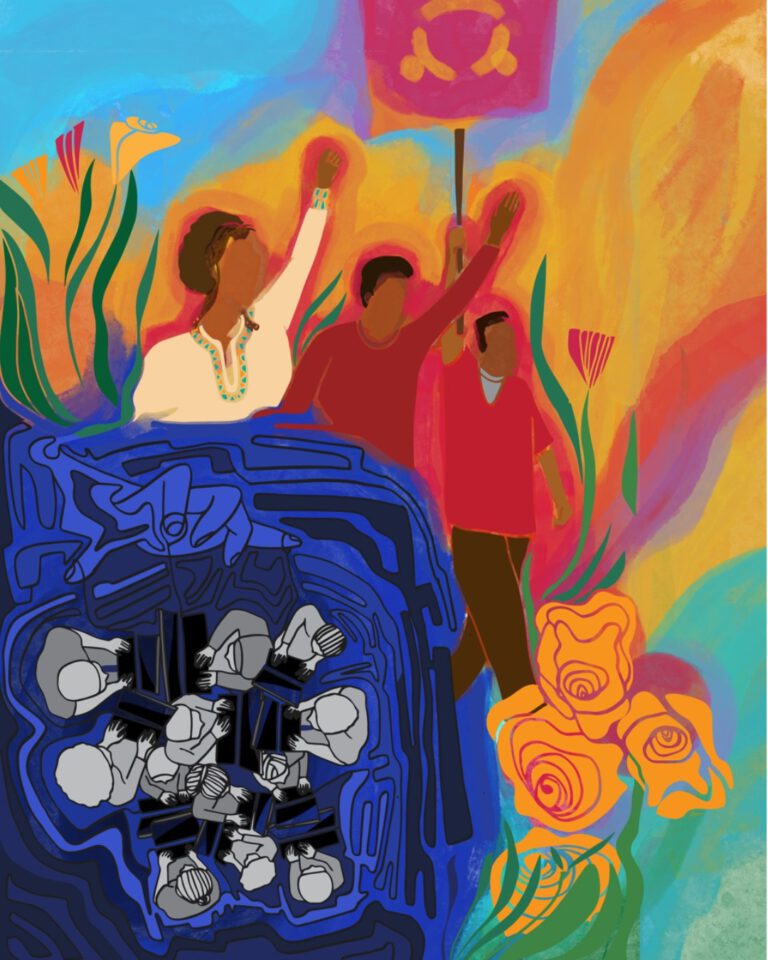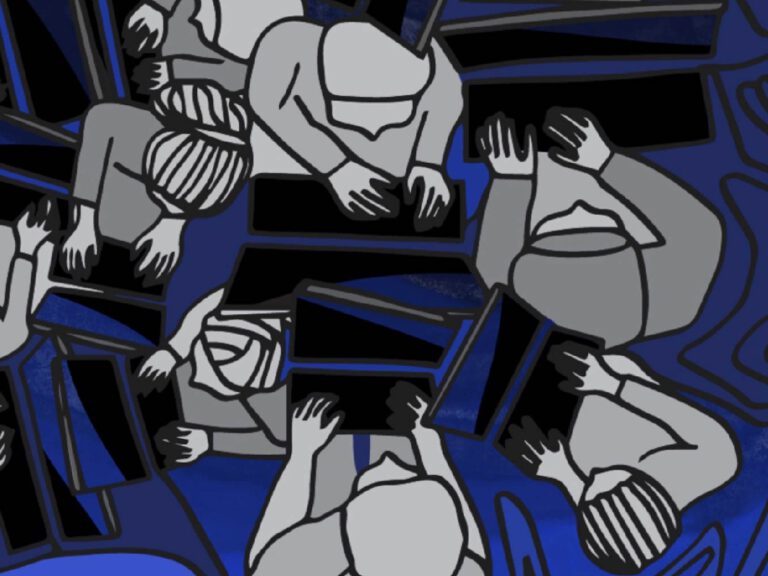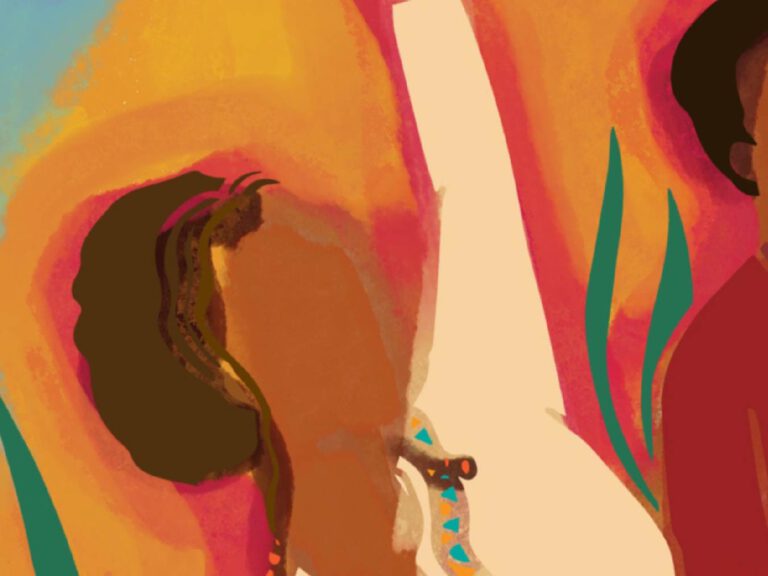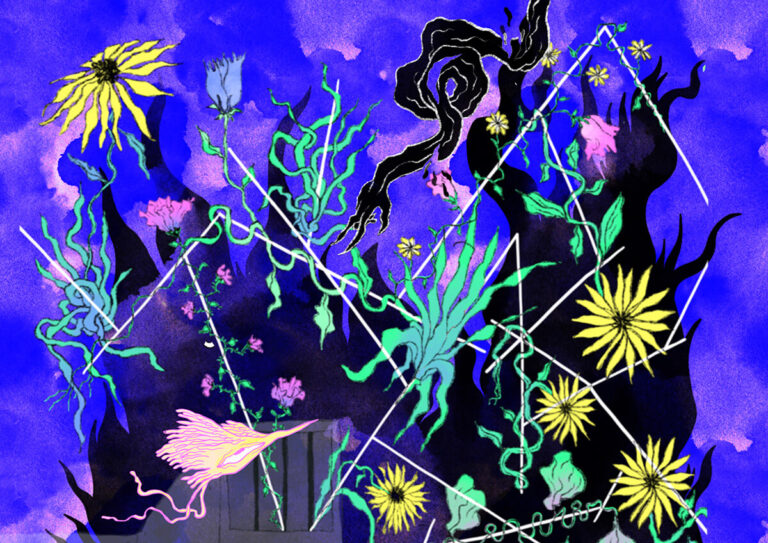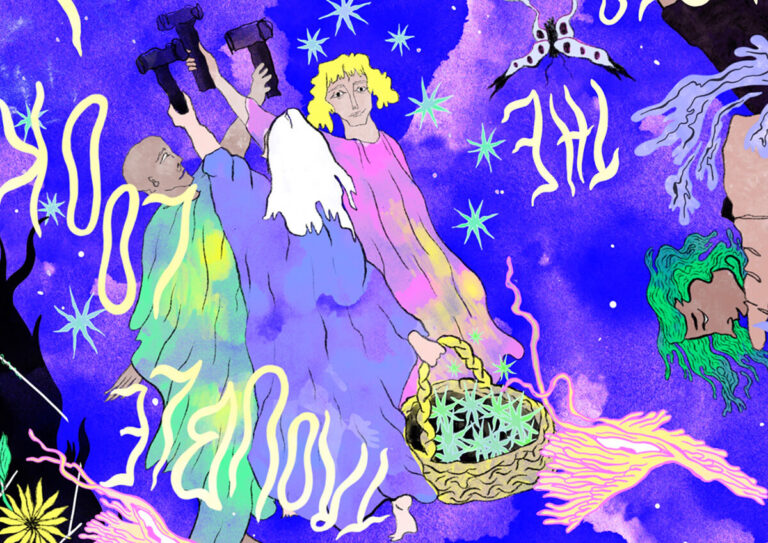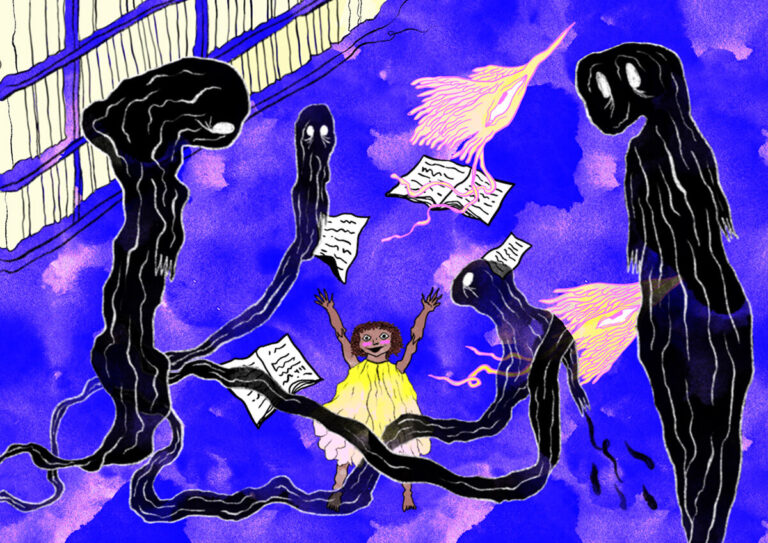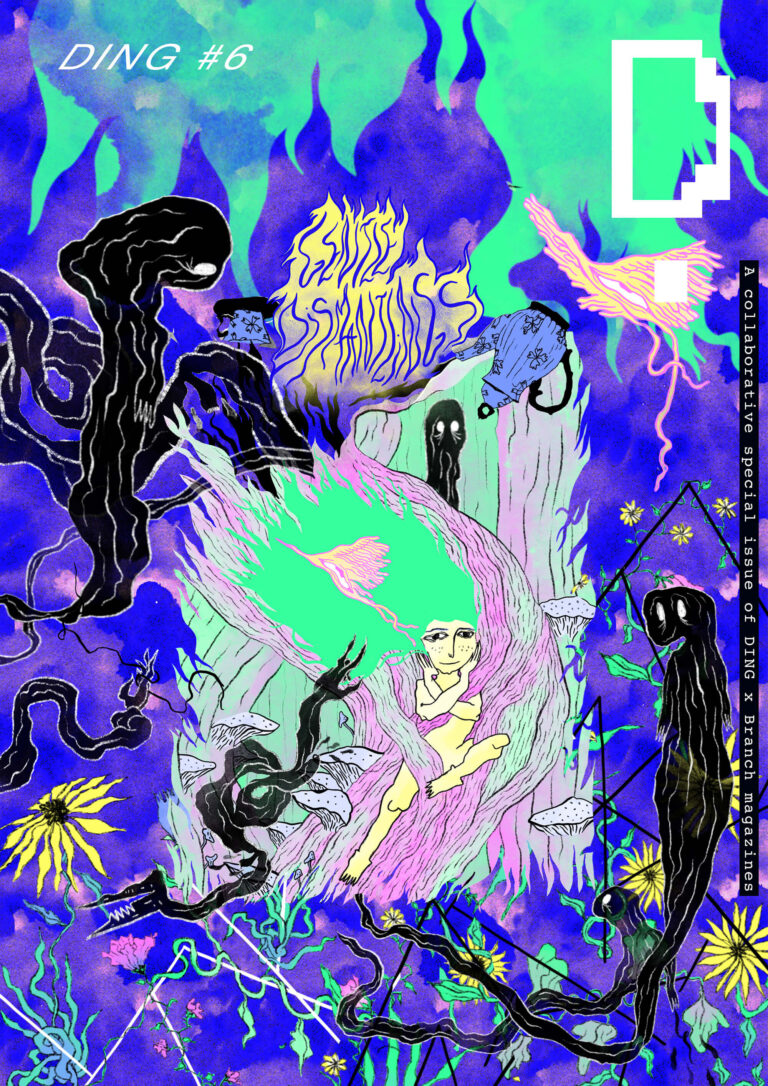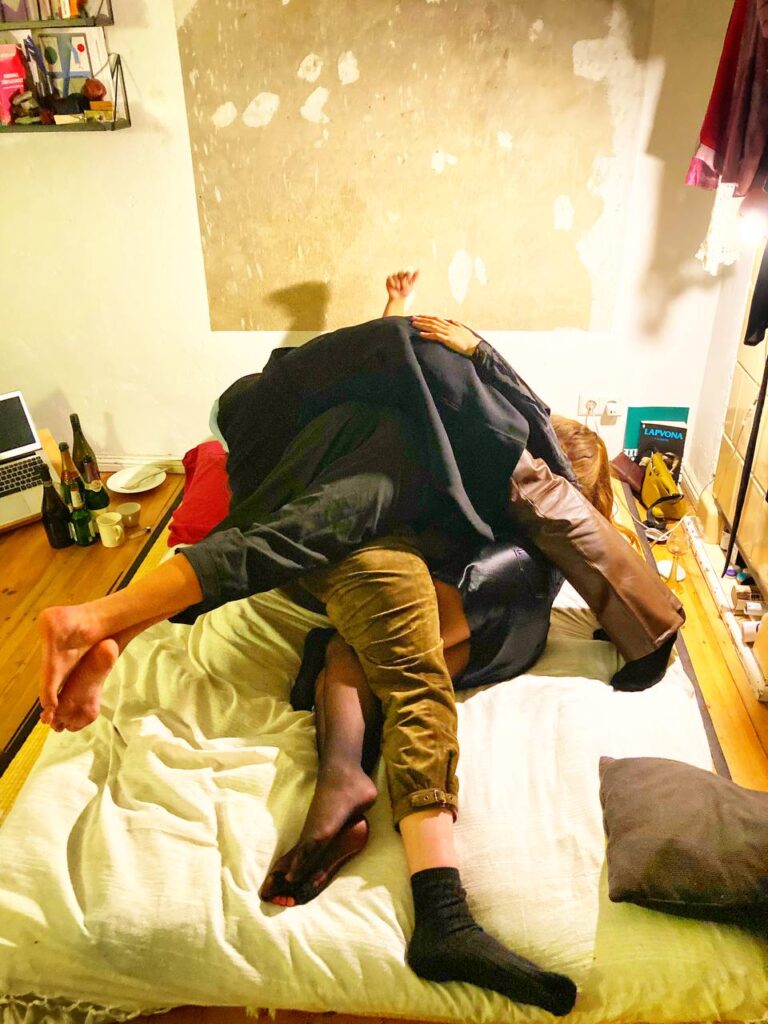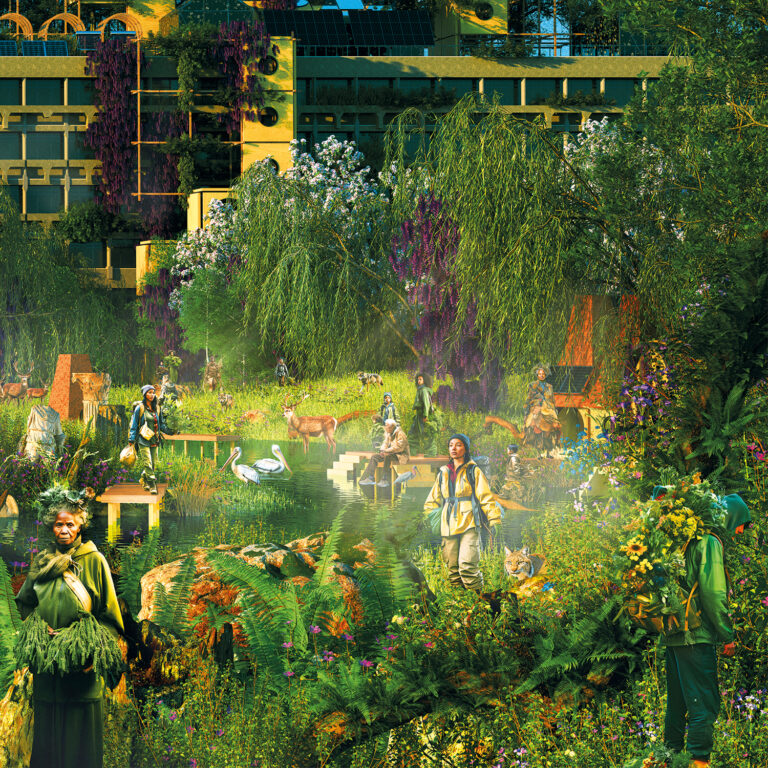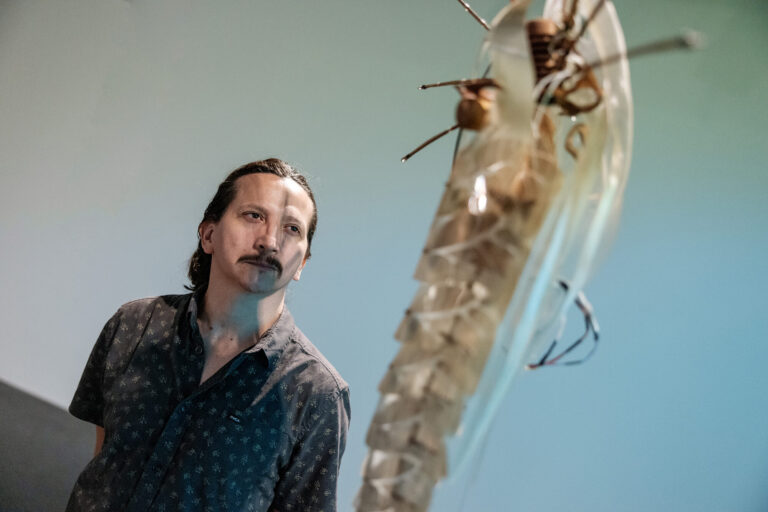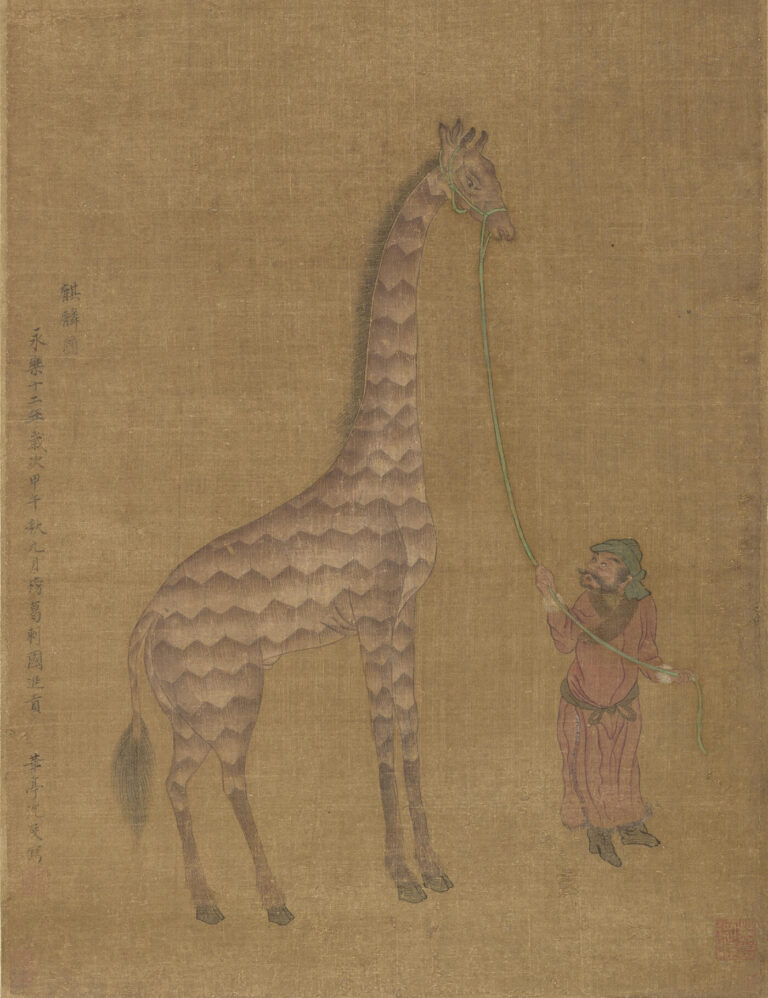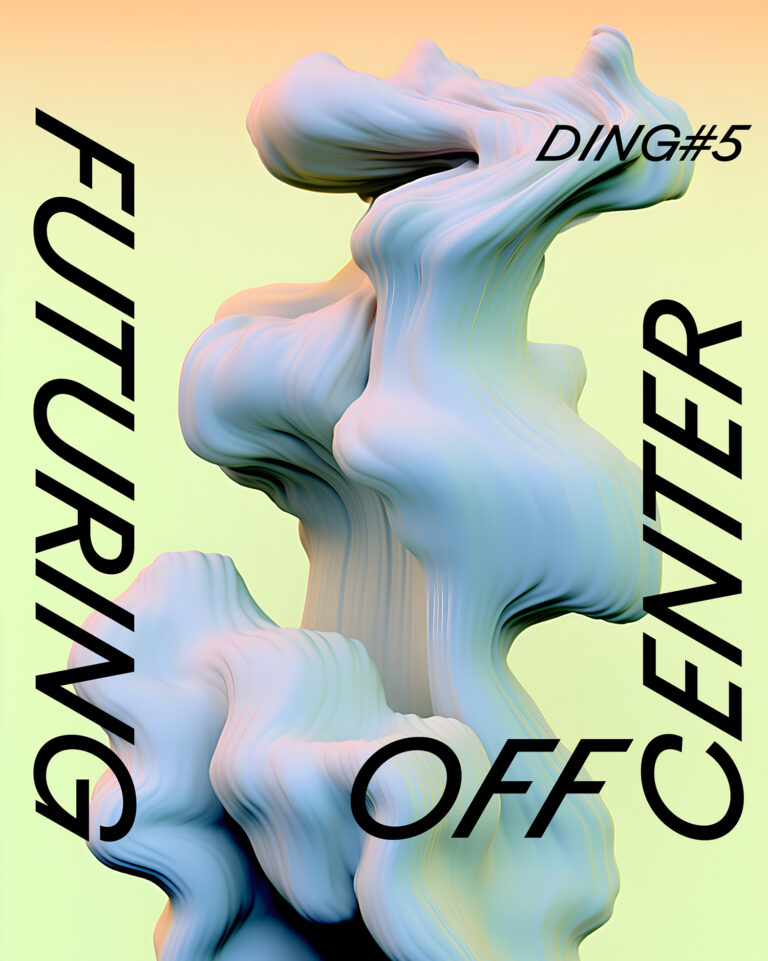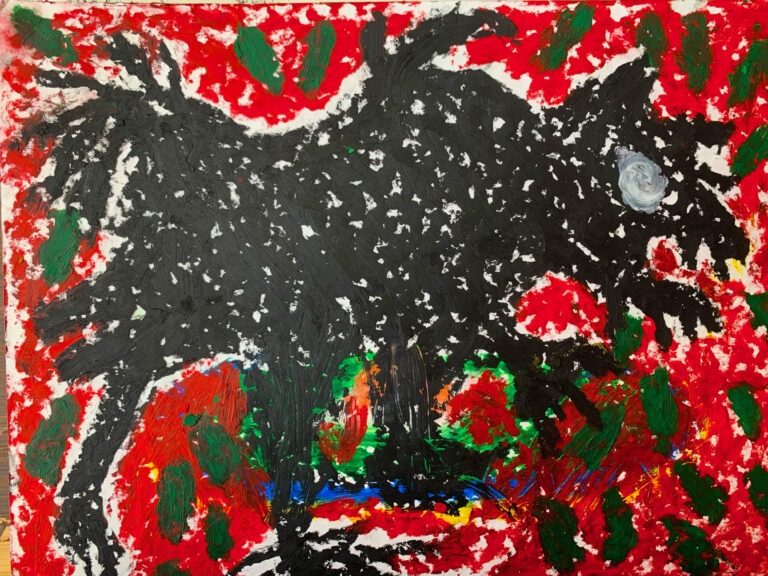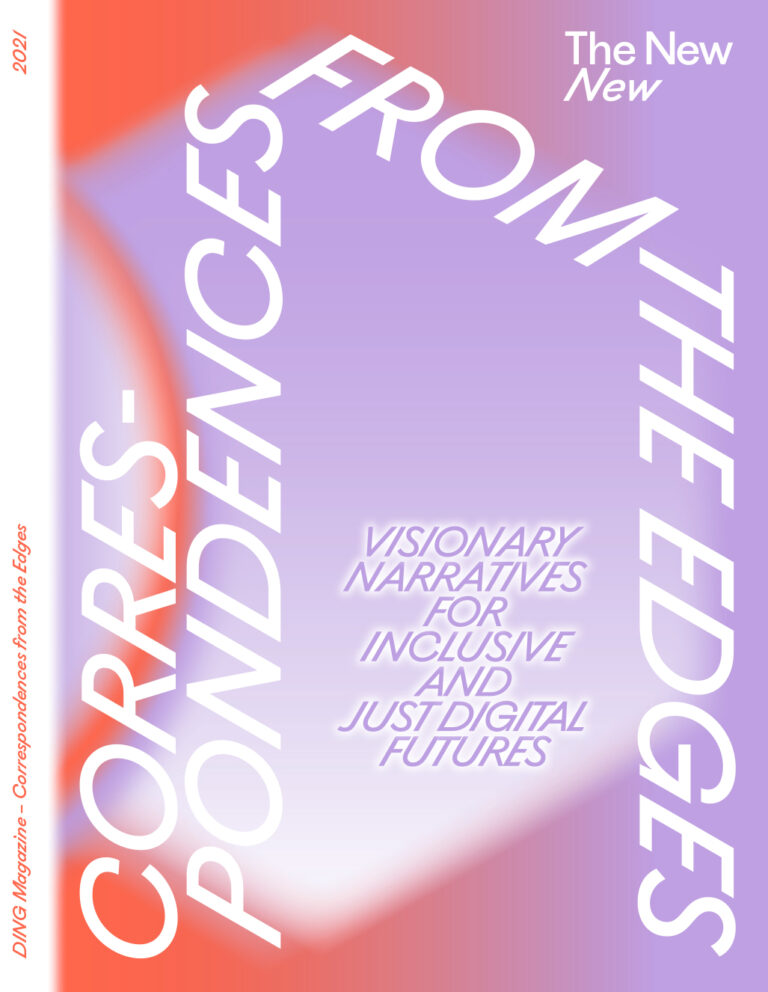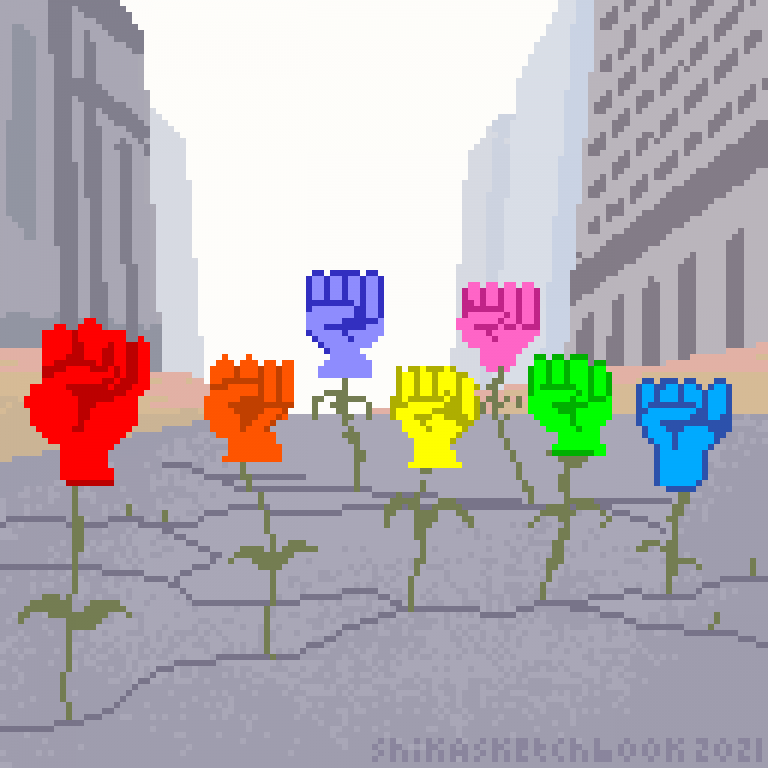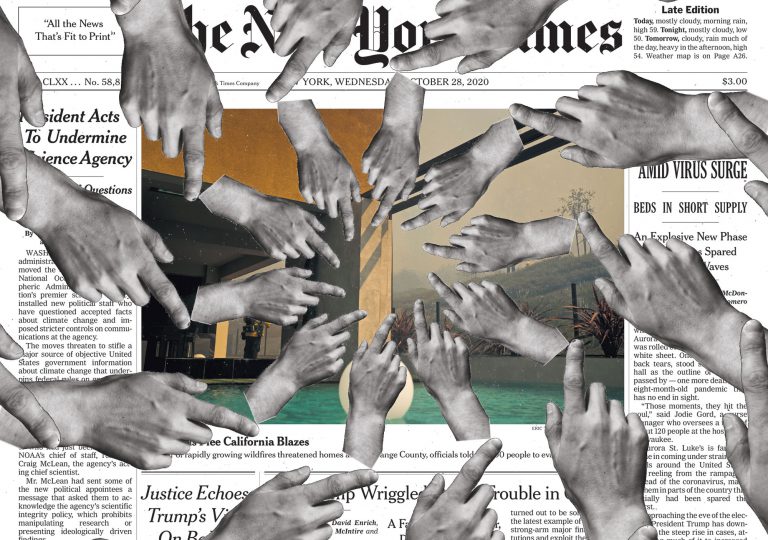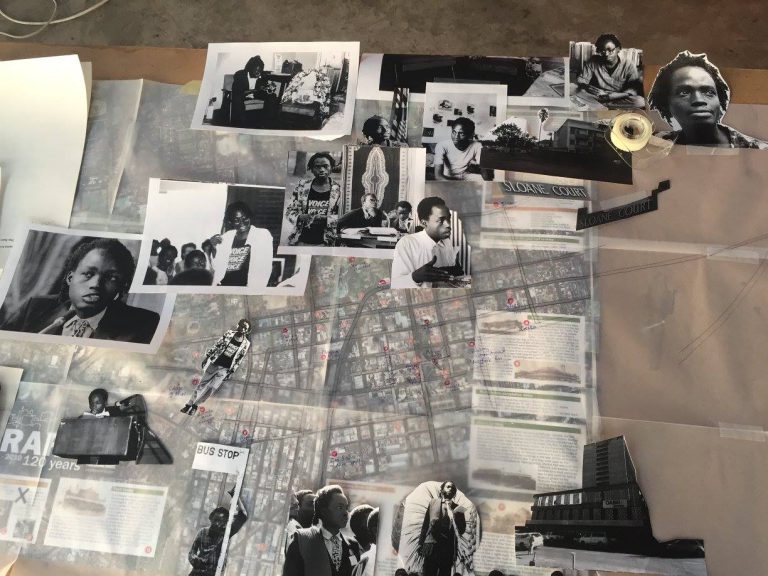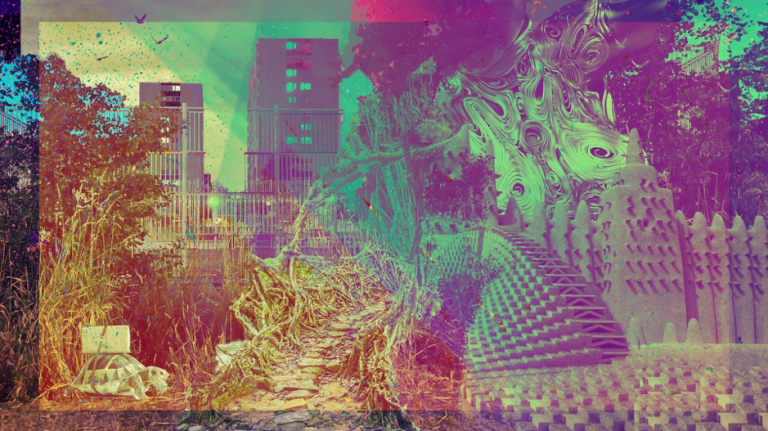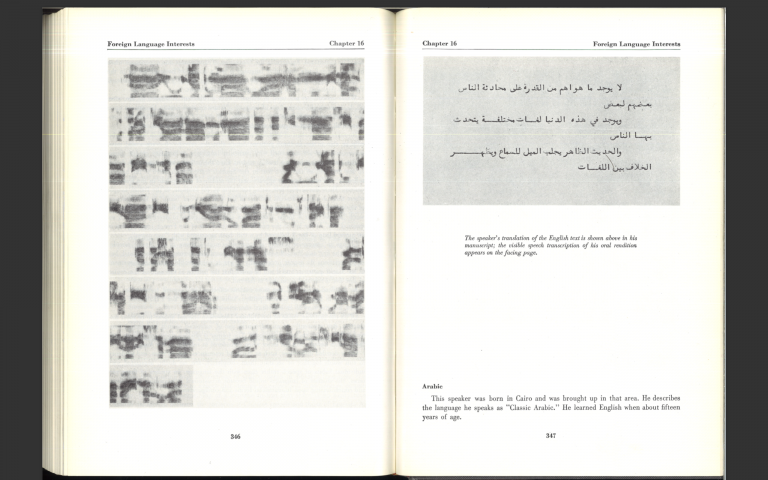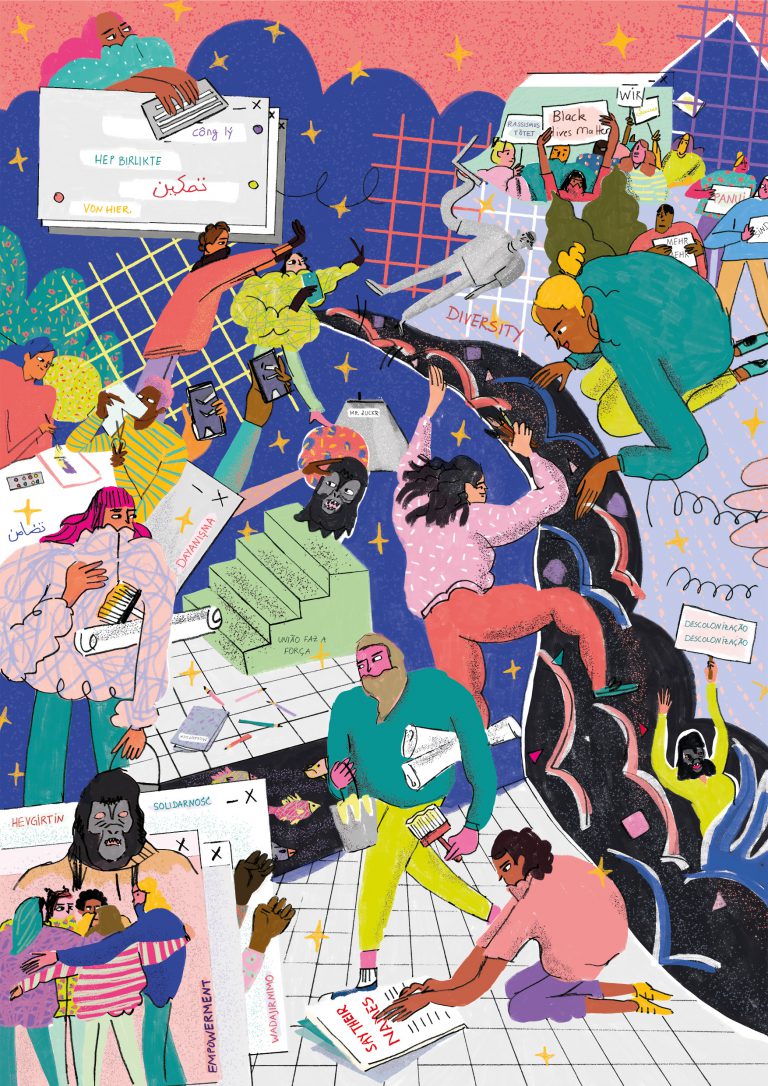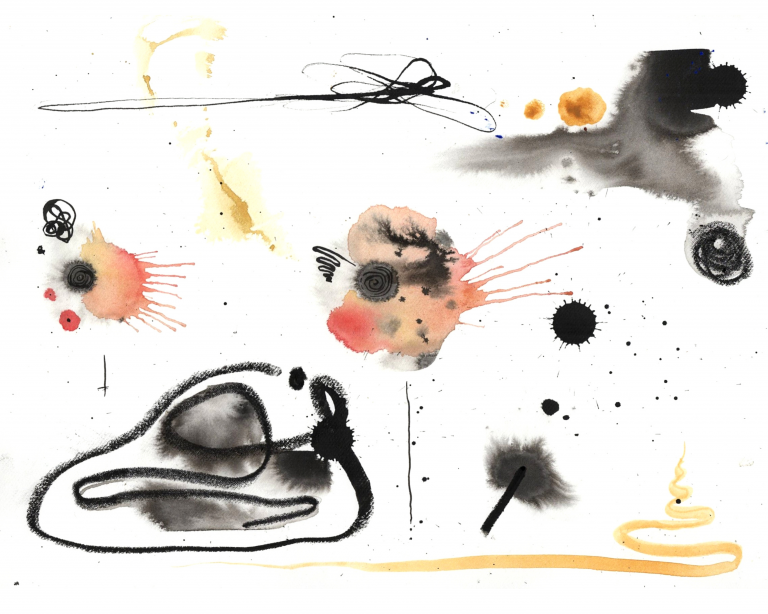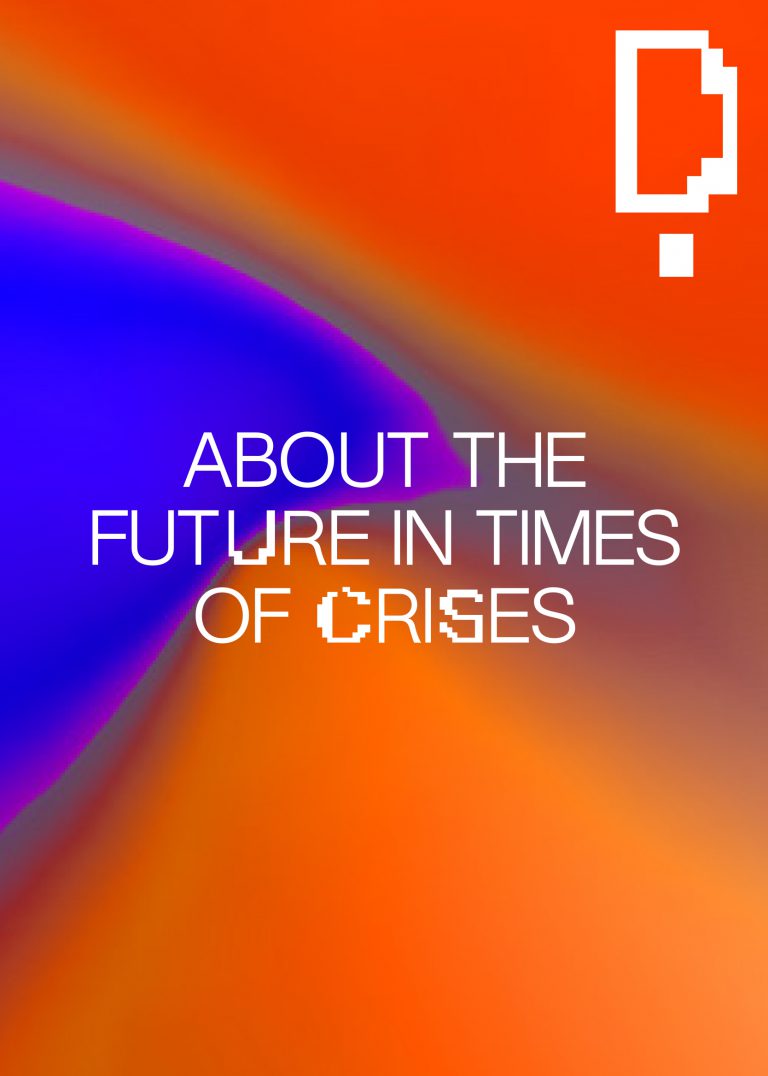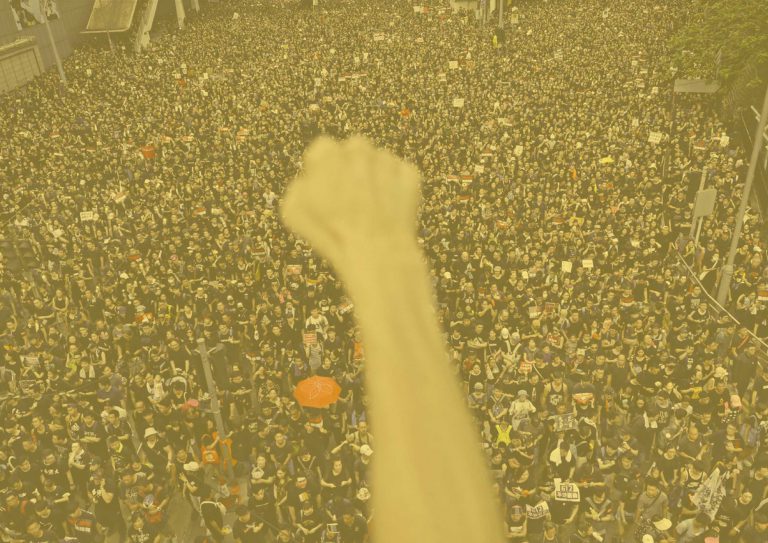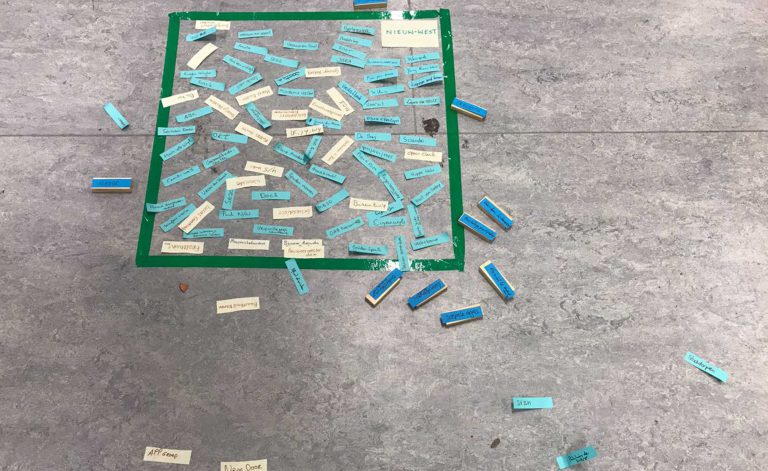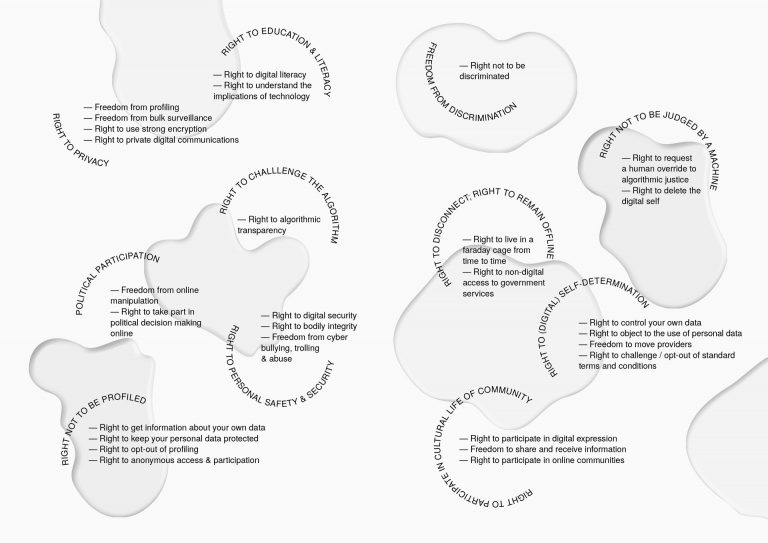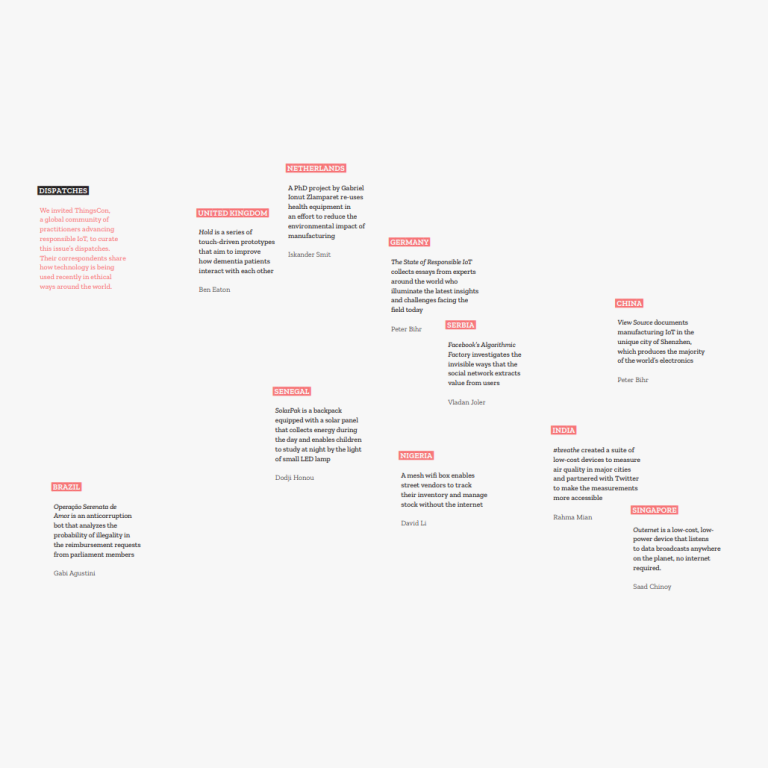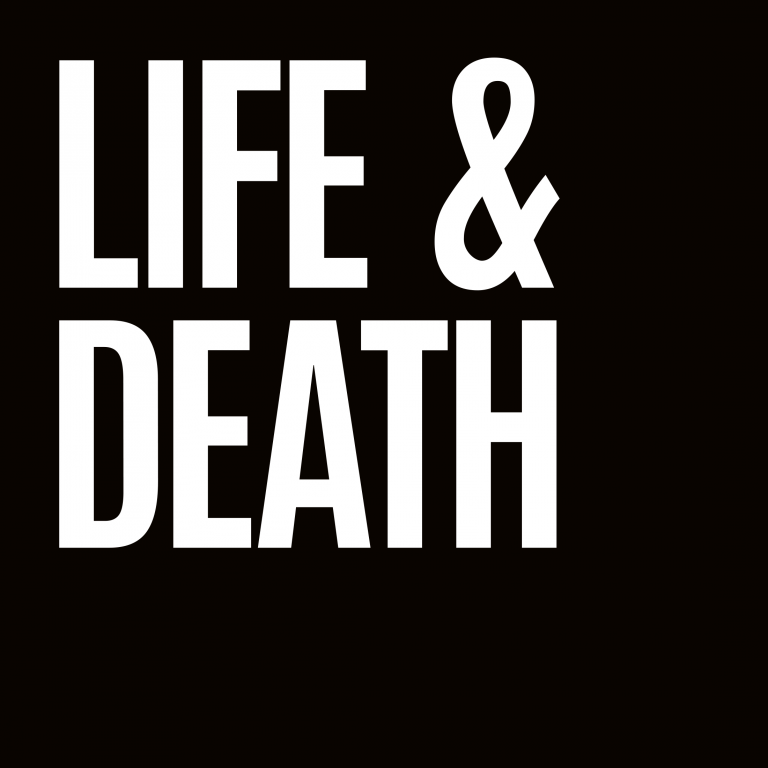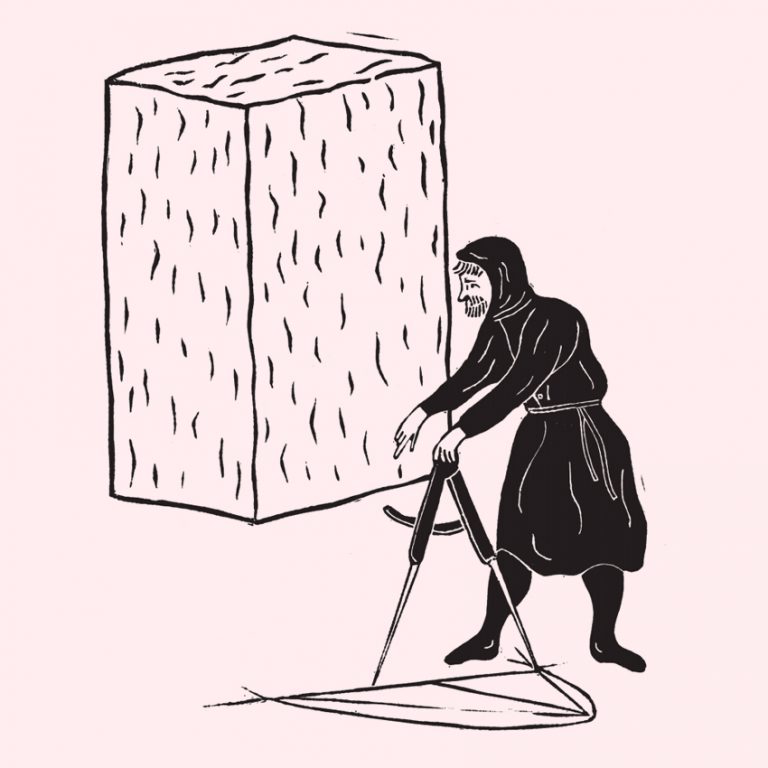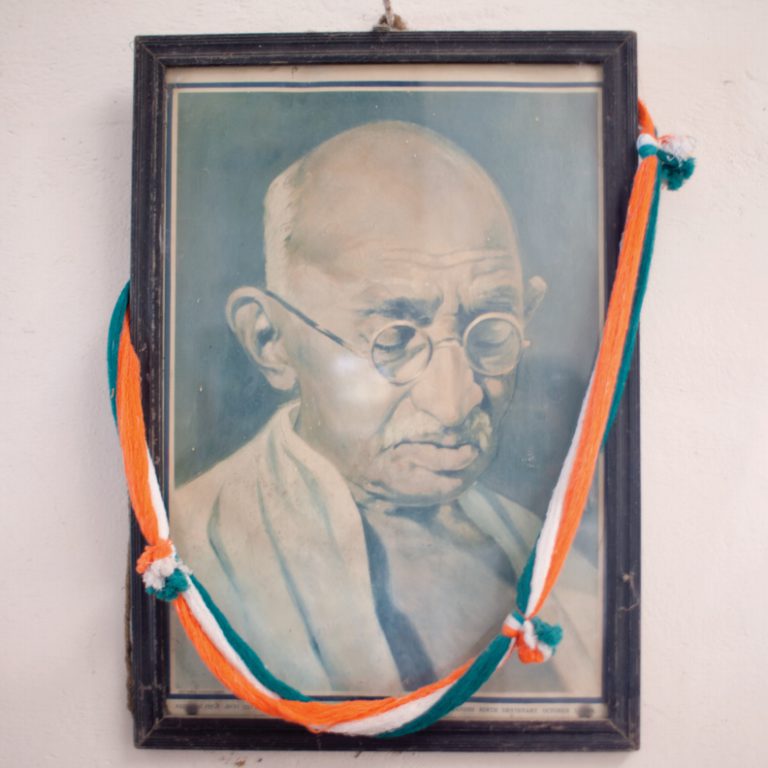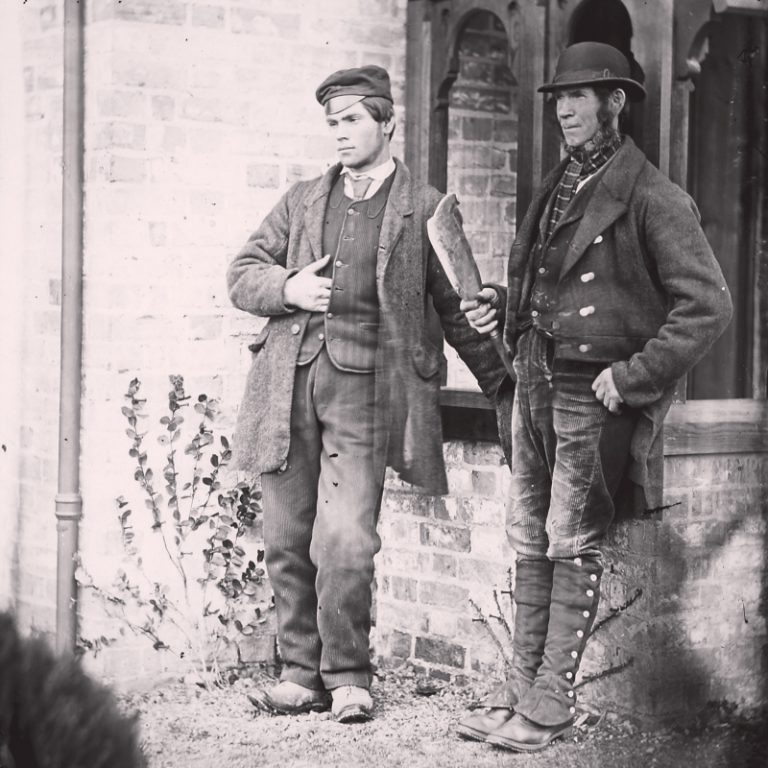Through this collection of essays and interviews, we want to highlight endeavours using non-traditional futuring practices that work towards greater equity and social justice. We want to spotlight approaches, ideas and people who understand futuring as a playground to change the present and reflect on the past. And we want to put their methods in your hands, to elaborate and build upon.
Some of the many questions these pieces pose are: How can we embrace complexity in futuring processes rather than reducing it? What are the methods that can best help heterogeneous groups of people develop desirable futures together? How can we overcome status quo biases in futures thinking?
We’ve broken this edition into three distinct sections: Fiction, History and Reflection & Production. We hope this helps you choose which pieces you prefer to read first.
In Fictions, you’ll find reflections on the ways in which giving imagination space to roam into the future allows for different kinds of thinking in and about our present times. Neema Githere writes about Afropresentism’s relation to Afrofuturism, how it “emerged out of a longing to recalibrate the anchor of “now” as a future that was once speculated, one that through accelerations – anticipated and unanticipated – becomes real and real and real again.” Luiza Prado offers a speculative fiction, a short story that takes us centuries into the future in which academics in a better world are piecing together the significance of the Cult of Sylphis.
In History, Pupul Bisht considers the histories that were never allowed to grow and what we might learn from their afterlives, while Promona Sengupta writes that through revolution and preparing for it, we project ourselves into the future. Tayeyoon Choi addresses complicity and colonial regimes though the disarmingly charming question, “Where would you like to place your pet giraffe?” While Geraldine de Bastion notes the importance of retaining the power of speculation and political imagination in a world of prediction.
Reflection and production hones in on methods and techniques being used by practitioners today to shape our presents, and so our futures. In part, it’s an offering to our readers to take these techniques and build on them, and to be inspired to develop their own futuring methods: equitable futures hinge of present plurality. The section contains interviews with 2023 Ars Electronica winner Jonathan Torres, Superflux co-founder Anab Jain, and Joana Varon, co-developer of The Oracle for Transfeminist Technologies.
What this edition brings home is that the seed of our tomorrows is here with us today. As Eden Kupermintz writes, through science fiction we can all can contribute to better tomorrows. Mushon Zer Aviv and Shalev Moran give step-by-step instructions of how we might achieve this through their audio tours of the future, and Maria Antonia Gonzalez Valerio elaborates on how philosophy and our untethered thoughts and musings might lead us to richer thinking.
We conclude with Ouassima Laabich, who warns that “If we do not formulate our own futures, we cede that power to others.” This does not involve false courage, but acknowledgement of the sorrows that sit alongside love, joy and hope in any quest for better tomorrows. “We can offer these imaginings a place next to the fears and worries – not above or below them, but in the simultaneity and midst of contradiction, right next to each other.”
Special thank you to:
Katherine Waters: Editor
Julia Kloiber: Concept
